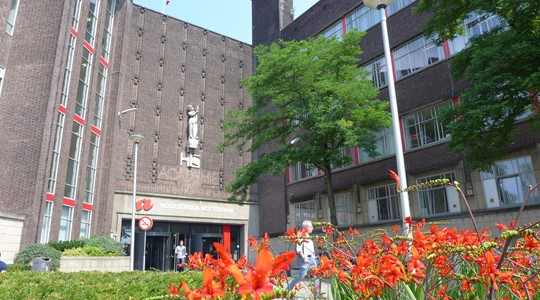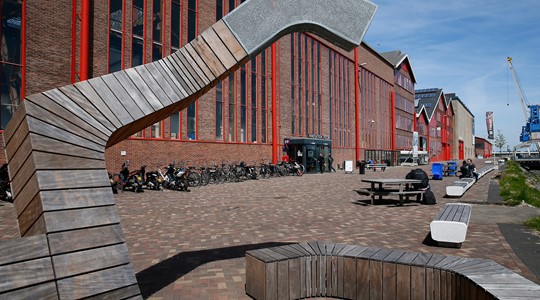Master River Delta Development full-time
Do you want to play an important role in shaping our deltas? Are you excited to come up with solutions to one of the biggest problems of this century? Then this master is the perfect program for you!
River deltas provide habitat for millions of people and diverse ecosystems, as well as being essential for global food production and economy. However, these areas are increasingly threatened by climate change, sea level rise and overpopulation. Challenges such as flooding, land subsidence and groundwater salinization are becoming more common. That's why we need people who can come up with solutions that bring nature, technology and society together.
The master prepares you for the role of "facilitator of change," a professional who implements technological change so that people and nature can live together in harmony with water. You will learn to develop sustainable and widely supported ideas and solutions, taking into account all stakeholders in the long term.
The program combines theoretical knowledge of delta systems with practical experiences in "Living Labs" in real delta areas. This is where you work with local communities, businesses and policy makers. For example, you explore strategies for designing a climate-resilient shoreline for the Grevelingenmeer that can win the approval of all stakeholders. You assess technological options, costs and risks associated with rising water levels, while considering the needs of residents and farmers.
This master is a special collaboration between three colleges with expertise in water: the HZ University of Applied Sciences (for coastal areas), Van Hall Larenstein University of Applied Sciences (for river systems) and the Rotterdam University of Applied Sciences (for urban water). By studying and working in these different locations, you will increase your knowledge of different delta areas and build a valuable network in the field.
When you have completed your studies, you can work in various international organizations, consulting firms, government agencies, or NGOs. Whether you decide to become an urban planner in a waterfront metropolis, a consultant for sustainable agriculture in a fertile delta, or a researcher of healthy river systems, the world is open to you.







